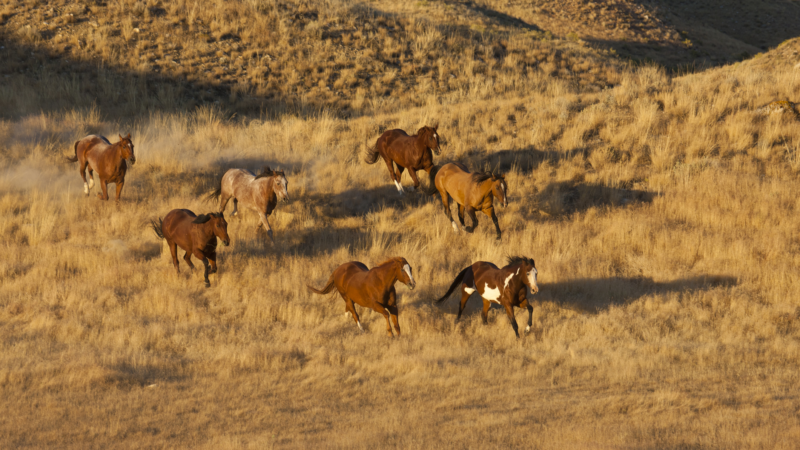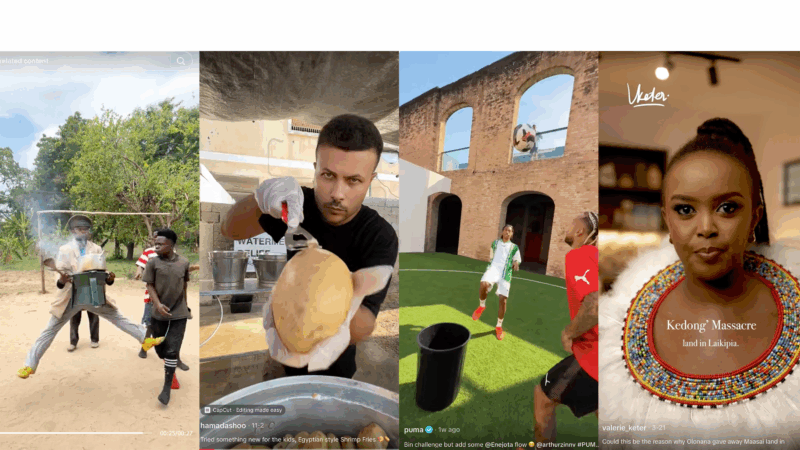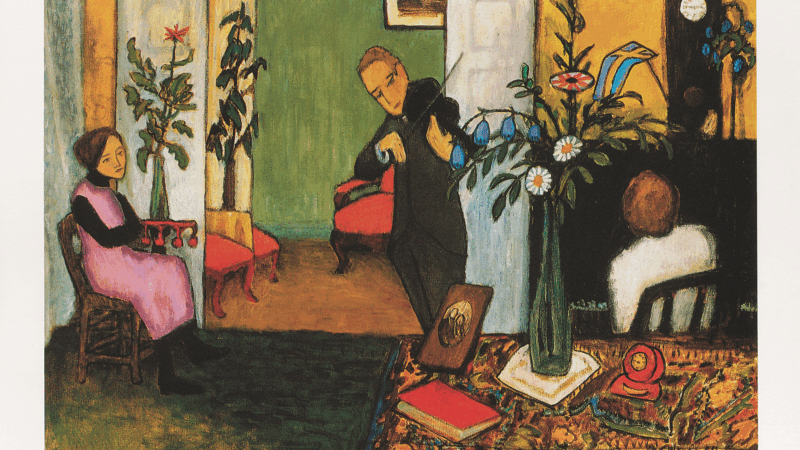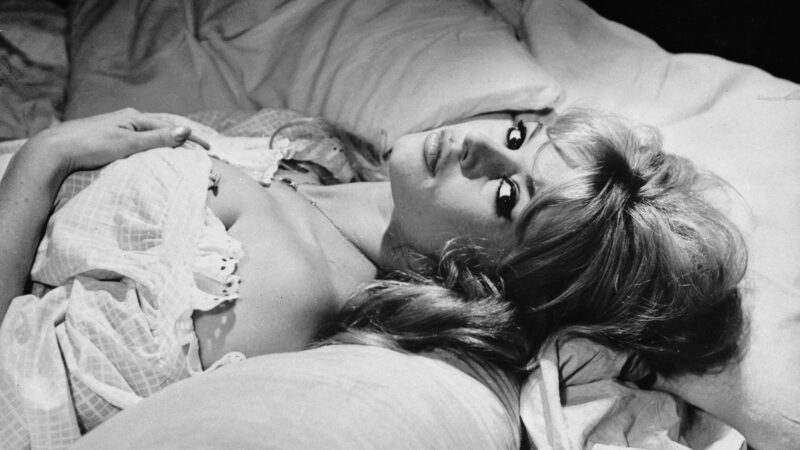The unique genetic change that turned horses into athletic powerhouses
Gianni Castiglione did not set out to study horses.
The Vanderbilt University biologist and his colleagues were interested in how different animal species balance the need to produce energy with the harmful byproducts of that production.
“To make energy, we’ve made a deal with the devil to, basically, have a slow burning fire in our cells,” he said. That fire essentially burns oxygen to create energy. But that kicks up a lot of smoke, or oxidative stress, that can harm cells.
Horses, it turns out, have evolved an unusual way of regulating this tradeoff that allows them to produce more energy without incurring more cellular damage, researchers report in the journal Science. Those genetic changes may, in part, explain how horses became such powerful athletes, able to outrun and outlast virtually all other animals.
“Horses can make this fire burn even hotter and make the damage even less than it would be in a species like a human,” said Castiglione.
The changes occurred in a key gene pathway called NRF2/KEAP1. The pathway senses the buildup of oxidative stress and then kickstarts antioxidant production, which can clean it up, said Castiglione. “This is essentially the energy production and fire department, all wrapped in one.”
Castiglione and his colleagues were scanning the genomes of nearly 200 mammalian species looking for unusual variants in this pathway. Horses stuck out with a single, highly unusual mutation.
“It’s a type of mutation called a nonsense mutation,” he said. “That’s because it breaks a gene, it inactivates it from doing what the cell needs it to do.” It basically put a stop sign, called a stop codon, toward the beginning of the KEAP1 gene. Stop codons generally signal where a gene ends, so having one at the start would “break” the gene.
This mutation kills mice, probably because it allows too much “smoke” to build up in cells. So Castiglione was stumped. “We thought, wow, how are horses dealing with this?”
Through a variety of genomic and molecular techniques, the researchers found an answer.
“Horses have evolved a very intricate strategy for working around this stop codon,” said Elia Duh, a study co-author and molecular biologist at Johns Hopkins University. Essentially, a suite of mutations allows them to ignore the stop sign, making the gene work, but in a slightly different way that ends up benefiting the horses.
The researchers found that these mutations, which arose in the ancestors of all modern horses, allow their muscle cells to produce up to five times more energy than mouse cells, while simultaneously ramping up their damage-control system by 200%.
“This provides them with the biochemical means to run fast and over long distances,” said Duh. This ultimately helps them become aerobic powerhouses.
“I really love this paper,” said Samantha Brooks, a horse genetics researcher at the University of Florida. The mutation, she said, “should have caused a catastrophic loss of function for this protein. But instead, the ancestors of these species somehow managed to really turn that lemon into lemonade.”
The way they made lemonade — ignoring a stop codon — has only previously been reported in viruses, the researchers say.
This adaptation could have implications for human health. Many inherited diseases, like cystic fibrosis and muscular dystrophy, stem from stop codons arising in important genes. If researchers can better understand how horses manage to ignore such stop codons, said Duh, perhaps they could develop gene therapies that do just that in humans, too.
‘Bomb cyclone’ forecasted to bring heavy snow, blizzard conditions and dangerous travel
A 'bomb cyclone' is intensifying severe winter weather for millions of people across the U.S. The system is expected to knock out power and disrupt holiday travel.
Russia sends 3 Iranian satellites into orbit, report says
The report said that a Russian rocket sent the satellites on Sunday from a launchpad in eastern Russia.
Viral global TikToks: A twist on soccer, Tanzania’s Charlie Chaplin, hope in Gaza
TikToks are everywhere (well, except countries like Australia and India, where they've been banned.) We talk to the creators of some of the year's most popular reels from the Global South.
This painting is missing. Do you have it?
An important work from a rediscovered artist has been absent from public view since the 1970s. A New York curator is hunting for it.
Memory loss: As AI gobbles up chips, prices for devices may rise
Demand for memory chips currently exceeds supply and there's very little chance of that changing any time soon. More chips for AI means less available for other products such as computers and phones and that could drive up those prices too.
Brigitte Bardot, sex goddess of cinema, has died
Legendary screen siren and animal rights activist Brigitte Bardot has died at age 91. The alluring former model starred in numerous movies, often playing the highly sexualized love interest.








